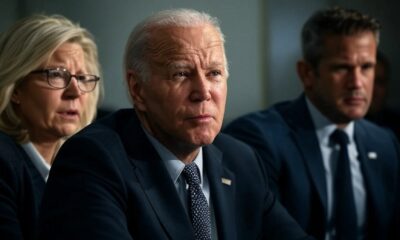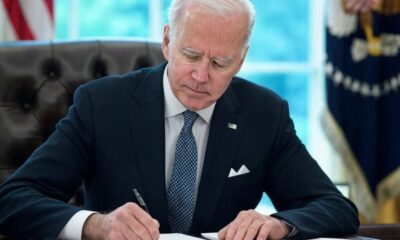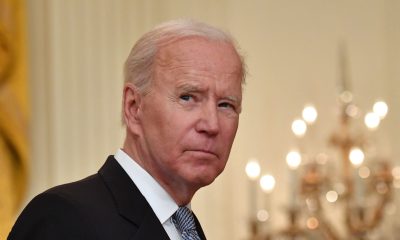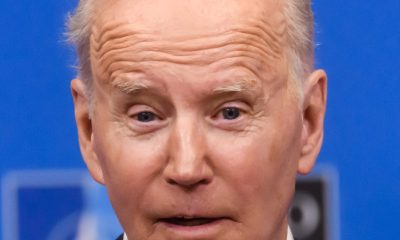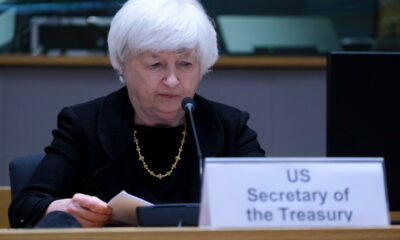Hunter Biden Lawyers Threaten To Put Joe On Stand
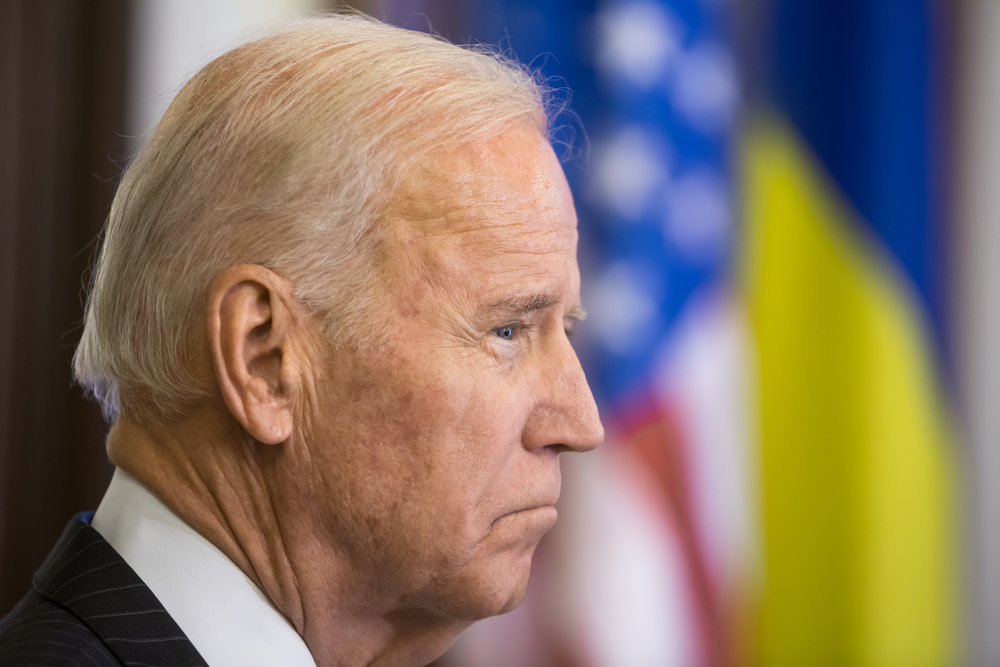
In an unexpected turn in the Hunter Biden investigation, Chris Clark, once Hunter Biden’s attorney, raised eyebrows across the political spectrum with a stern warning to the U.S. attorney handling the case. POLITICO reported that Clark threatened that if gun charges were brought against his client, the defense wouldn’t hesitate to call Joe Biden to testify, introducing a new level of drama by potentially pitting the president against his Department of Justice (DOJ).
This audacious strategy emerged shortly after news leaked indicating the Department of Justice possessed evidence sufficient to indict the younger Biden for illegally buying a firearm, despite his alleged drug addiction. “President Biden now unquestionably would be a fact witness for the defense in any criminal trial,” Clark boldly noted in a 32-page letter. He further emphasized the gravity of the situation, saying, “This of all cases justifies neither the spectacle of a sitting President testifying at a criminal trial nor the potential for a resulting Constitutional crisis.”
While many have speculated about the internal dynamics of the Biden family, this development sheds light on the extent to which the president may be entangled in the ongoing legal drama. Notably, the timing of this revelation carries implications for the DOJ. David Weiss, a special counsel overseeing the case, seemed initially willing “to forgo any prosecution of” Hunter Biden and leaned toward closing the investigation without a guilty plea. However, his stance shifted when two IRS agents, serving as whistleblowers, claimed they felt hindered in pushing the investigation due to alleged pressure from upper-level officials at the DOJ.
Amid these claims, Weiss agreed to a proposed deal that would have seen Hunter Biden plead guilty to two misdemeanor tax violations and agree to a deferred prosecution on the firearm charge. However, Judge Maryellen Noreika rejected this plea deal, deeming it both “unconstitutional” and “not standard.”
Weiss’ subsequent decision to ask U.S. Attorney General Merrick Garland to be appointed as a special counsel might provide him with increased authority to delve deeper into the investigation, address Republican criticism and potentially shape the public narrative with a conclusive report.
With Clark recently stepping away from representing Hunter, citing the possibility of being summoned as a witness as justification for dropping the case, the political landscape seems even more complex. According to Delaware’s Rules of Professional Conduct, a lawyer is advised not to act in trials where they might be a necessary witness unless removing them would inflict “substantial hardship on the client.”
As this story continues to unfold, the involvement of the sitting president in the legal proceedings of his son will undeniably remain a topic of intense public interest.


